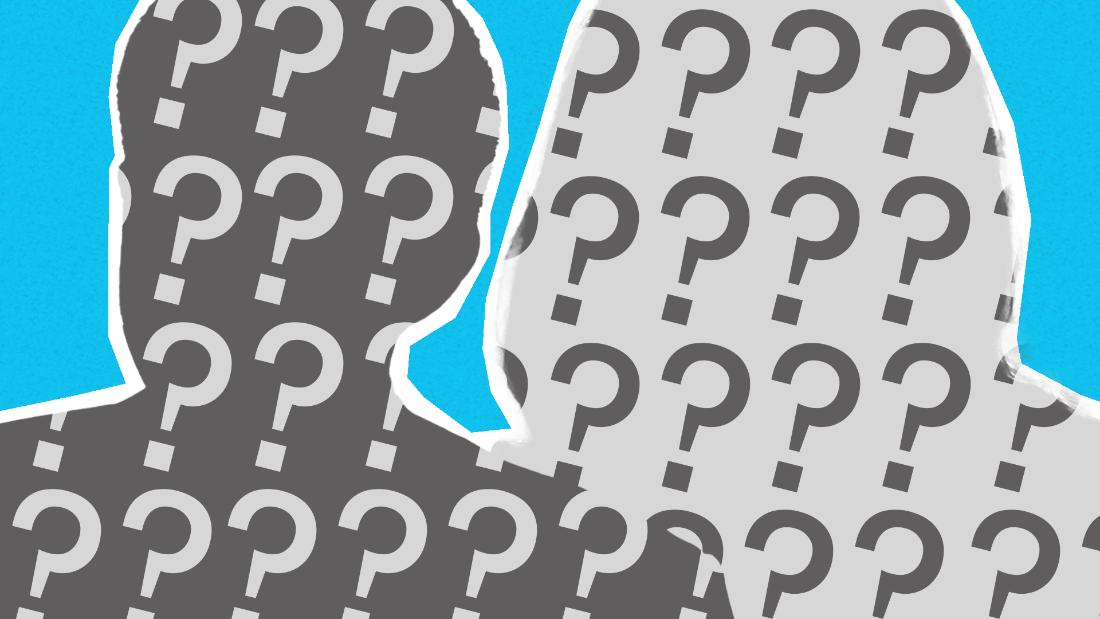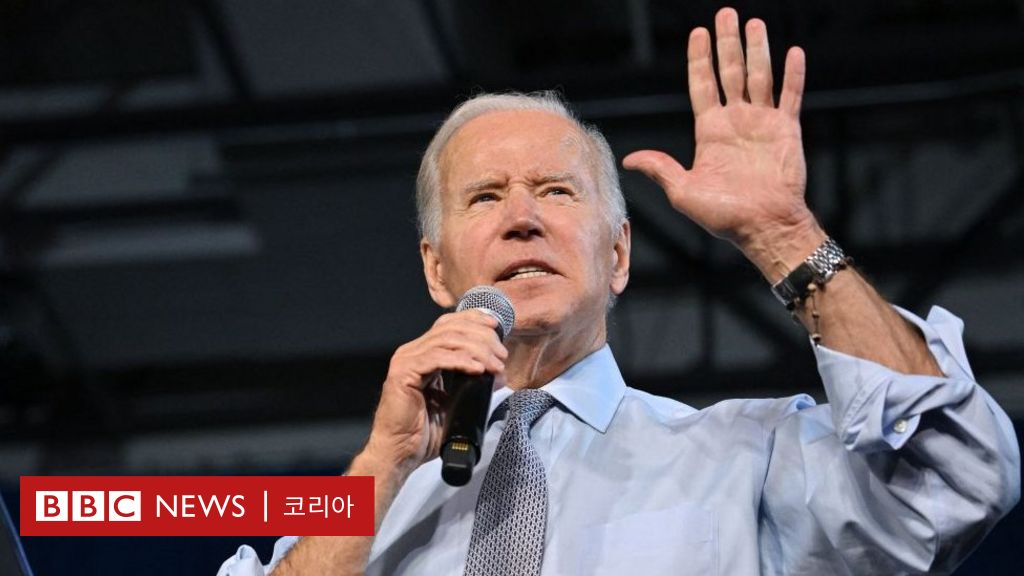Potential Successors Within the Democratic Party: Who Could Replace Biden

Who could replace biden – With President Biden facing a crossroads in his political career, speculations about potential successors within the Democratic Party have taken center stage. Several prominent figures have emerged as contenders, each bringing unique qualifications, experience, and perspectives to the table.
There are many potential candidates who could replace Biden, each with their own strengths and weaknesses. Some of the most frequently mentioned names include Vice President Kamala Harris, Transportation Secretary Pete Buttigieg, and Senator Elizabeth Warren. However, it is important to remember that the political landscape is constantly shifting, and it is impossible to predict with certainty who will ultimately be the Democratic nominee in 2024.
Just as the contrast between Mercury and the Sun is vast, so too are the differences between the various candidates who could potentially replace Biden.
Kamala Harris
Vice President Kamala Harris, a former senator from California, is a seasoned politician with a background in law enforcement and criminal justice. Her experience as a prosecutor and attorney general has given her a reputation for toughness and competence. Harris is also known for her strong stance on social justice issues, which has made her popular among progressive voters.
Strengths: Extensive experience in government, strong leadership skills, appeal to diverse constituencies.
Weaknesses: Relative lack of foreign policy experience, potential vulnerability to attacks on her record as a prosecutor.
Among the potential candidates who could replace Biden, Myisha Hines-Allen stands out as a rising star in the Democratic Party. Her progressive policies and commitment to social justice align with the current political climate, making her a viable contender for the presidency in the future.
Pete Buttigieg, Who could replace biden
Pete Buttigieg, the former mayor of South Bend, Indiana, gained national prominence during the 2020 Democratic presidential primaries. He is a Rhodes Scholar with a degree from Harvard and a military veteran. Buttigieg is known for his intelligence, charisma, and ability to connect with voters from all walks of life.
Strengths: Youthful energy, strong communication skills, appeal to moderate voters.
Weaknesses: Lack of experience in high-level government positions, potential vulnerabilities to attacks on his limited foreign policy experience.
Elizabeth Warren
Senator Elizabeth Warren of Massachusetts is a progressive firebrand known for her strong advocacy for consumer protection and economic equality. She is a former law professor and author of several books on bankruptcy and financial regulation. Warren has a reputation for being a tireless fighter for the middle class and has a loyal following among progressive voters.
Strengths: Strong policy expertise, appeal to progressive voters, passion for social justice issues.
Weaknesses: Polarizing figure, potential vulnerability to attacks on her policy proposals as being too radical.
Identity Politics and Representation
The potential impact of identity politics and representation on the selection of the Democratic nominee is a significant factor in the race. The party has become increasingly diverse in recent years, and there is a growing demand for representation from underrepresented groups. Some candidates, such as Harris and Buttigieg, have made their personal identities a central part of their campaigns.
The influence of identity politics on the Democratic primary is likely to be significant. Candidates who can successfully appeal to the party’s diverse base of voters will have a significant advantage in the race.
Challenges Facing Biden’s Successor

The next president of the United States will inherit a host of challenges, both domestic and foreign. On the domestic front, the economy will be a top priority, as the country grapples with inflation, supply chain disruptions, and a potential recession. The new president will also need to address the ongoing COVID-19 pandemic, which has had a devastating impact on public health and the economy.
In terms of foreign policy, the new president will need to navigate a complex and volatile global landscape. The war in Ukraine, the rise of China, and the threat of nuclear proliferation are just a few of the challenges that the next president will face.
The Role of Congress
The new president will need to work closely with Congress to address these challenges. However, the political landscape in Washington is deeply divided, and it is unclear whether the president will be able to find common ground with lawmakers from the opposing party. If Congress is unable to cooperate, it could make it difficult for the president to pass legislation and implement his agenda.
Impact on the Political Landscape

The replacement of President Biden would likely have a significant impact on the political landscape of the United States. The balance of power between the two major political parties could shift, and new political alliances and coalitions could form.
Shifts in Political Alliances and Coalitions
The Democratic Party is a broad coalition of voters, including liberals, moderates, and conservatives. If Biden were to be replaced by a more liberal candidate, the party could become more divided, with some moderate and conservative Democrats potentially aligning themselves with the Republican Party. Conversely, if Biden were to be replaced by a more moderate or conservative candidate, the party could become more unified, with liberals and moderates finding common ground.
The Republican Party is also a broad coalition of voters, including conservatives, moderates, and libertarians. If Biden were to be replaced by a more conservative candidate, the party could become more unified, with moderates and libertarians finding common ground. Conversely, if Biden were to be replaced by a more moderate or libertarian candidate, the party could become more divided, with some conservatives potentially aligning themselves with the Democratic Party.
Balance of Power between the Two Major Political Parties
The balance of power between the two major political parties could also shift if Biden were to be replaced. If Biden were to be replaced by a more liberal candidate, the Democratic Party could gain seats in Congress and state legislatures. Conversely, if Biden were to be replaced by a more moderate or conservative candidate, the Republican Party could gain seats in Congress and state legislatures.
Implications for the Future of American Politics and Governance
The replacement of President Biden could have a significant impact on the future of American politics and governance. If Biden were to be replaced by a more liberal candidate, the country could move in a more progressive direction. Conversely, if Biden were to be replaced by a more moderate or conservative candidate, the country could move in a more conservative direction.
The replacement of President Biden could also lead to changes in the way the country is governed. If Biden were to be replaced by a candidate who is more willing to work with the other party, there could be more bipartisanship in Congress. Conversely, if Biden were to be replaced by a candidate who is less willing to work with the other party, there could be more gridlock in Congress.
The replacement of President Biden could also have a significant impact on the role of the United States in the world. If Biden were to be replaced by a candidate who is more isolationist, the country could become less involved in global affairs. Conversely, if Biden were to be replaced by a candidate who is more internationalist, the country could become more involved in global affairs.